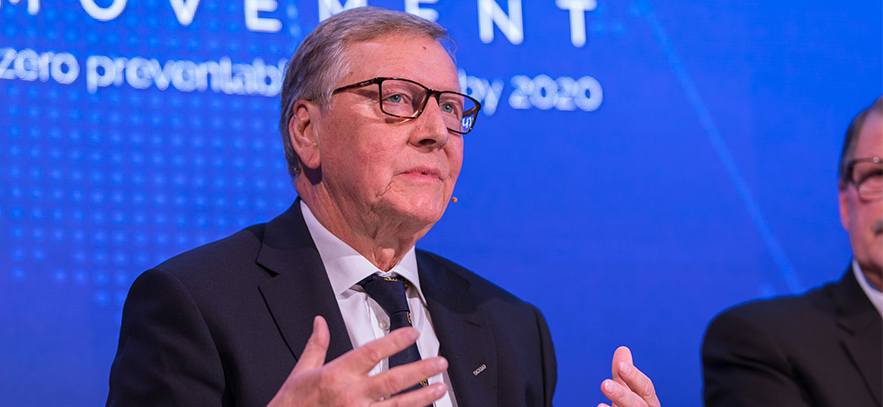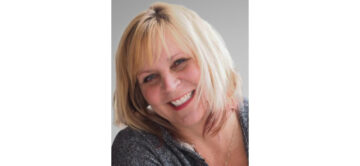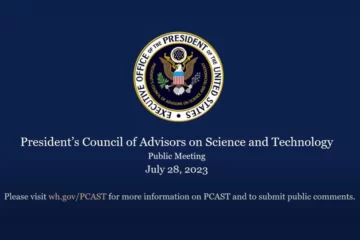Dear Friends and Colleagues
These last weeks have reminded us of the fragility of peace and safety. It is not that we are unaware of the turbulent lives that many across our world experience in places like Yemen, Somalia, Afghanistan, Myanmar and Syria; it is that we are now seeing on our daily news and social media the impact of war in Europe against a nation which is being decimated by relentless bombing of its people and infrastructure. A recent communique from the World Health Organisation outlined that:
“One month of war has had a devastating impact on Ukraine’s health system, severely restricted access to services, and triggered an urgent need to treat trauma injuries and chronic conditions. Destroyed health infrastructure and disrupted chains of medical supplies now pose a grave threat to millions of people.
Close to 7 million people are internally displaced, and the number of people that have fled to neighbouring countries is fast approaching 4 million. That means that 1 in 4 Ukrainians are now forcibly displaced, aggravating the condition of those suffering from noncommunicable diseases. According to the International Organization for Migration (IOM), 1 in 3 of the internally displaced suffers from a chronic condition.
A number of hospitals have been repurposed to care for the wounded: a shift due to necessity – which comes at the cost of essential services and primary health care. Approximately half of Ukraine’s pharmacies are thought to be closed. Many health workers are displaced themselves or unable to work.
Close to 1000 health facilities are close to conflict lines or are in changed areas of control. The consequence of that – limited or no access to medicines, facilities, and health professionals – mean that treatments of chronic conditions have almost stopped. “
Our hearts go out to the people of Ukraine as they deal with the impact of the war and our thoughts and prayers go to support all healthcare workers and volunteers as they support their patients, not only in Ukraine but in all its neighbouring countries who are giving without question, ongoing support to those who have lost their homes and families as they seek asylum.
We have seen however that even in our so-called high-income and “peaceful” nations we all have fragile and vulnerable services and settings. Today and for the next few years we are realising the impact of the Pandemic on our workforce, our cancer programmes and other non-communicable disease groups.
So building in effective and evidenced based solutions is and will be a key set of interventions that all health systems must employ and I know that with your help we can continue to utilise the Actionable Patient Safety Solutions (APSS) in identifying best practice and current evidence on solutions to put into action.
Our mission is to reduce to zero preventable deaths and harm in healthcare and we have risen in all countries to the task of trying to support our patients against the advancing tide of COVID- 19 with advances and availability in PPE materials, vaccination, and booster programmes, targeted antiviral therapies, and increasing aid to low- and middle-income countries.
Our task though is to call to action on all fronts to combat the causes of harm as well as the implementation of solutions to many known harms. These causes we have known for decades as they relate to a lack of transparency, to be able to report incidents without fear, to be able to act with honesty and respect to all our patients as well as their families and carers when things have gone wrong, and equally to act with absolute candour when explaining to patients and families not only what went wrong but, if we know, then why things have gone wrong.
Our Summit next month will provide a great opportunity to listen to committed and knowledgeable experts in healthcare from a large number of countries, specialties, and industries. It will also offer a chance to challenge policy and political leaders as they discuss not only the impact on our current position but also what are the likely solutions and initiatives that need to be put in place over this next decade of action for patient safety.
I hope you will join us at the World Patient Safety, Science & Technology Summit on April 29-30, 2022, not just to be recipients of information but also as activists and energisers of our current movement. So please challenge us and the Patient Safety Movement Foundation such that we can be of help to you as an individual or as a group to continue to work towards eliminating preventable death and harm.





